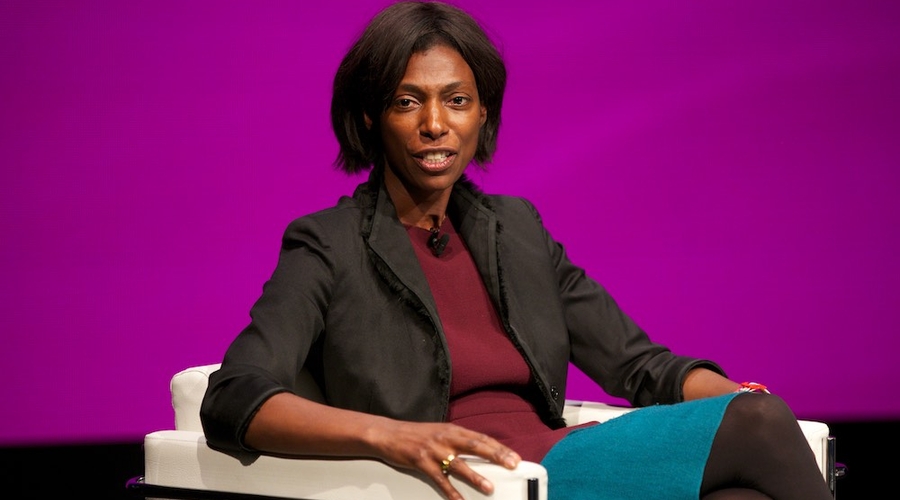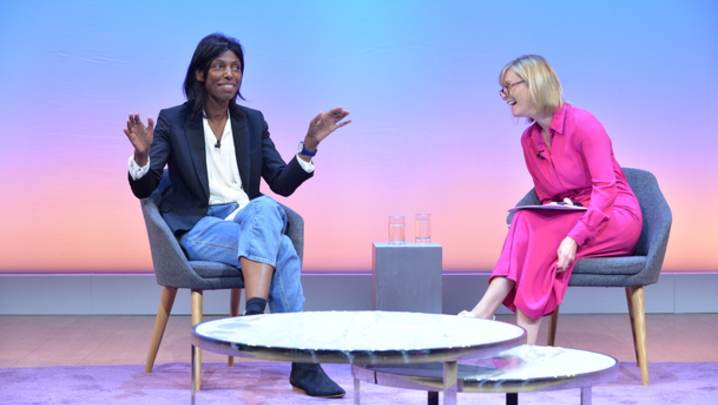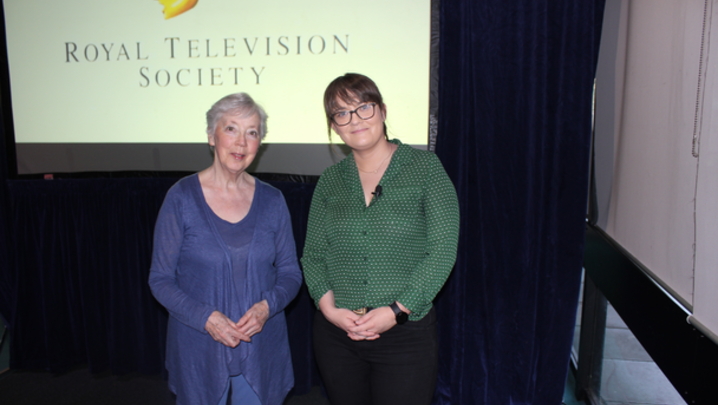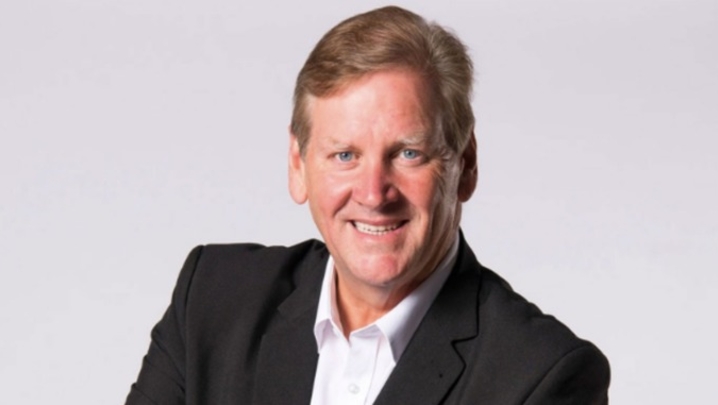TV viewers are more relaxed about swearing, but take umbrage at racist language, Ofcom report finds.
The research found that viewers and listeners are now less tolerant of racist or discriminatory language, but generally more tolerant about other offensive language, such as swear words, than they were in the last study in 2010.
Ofcom found that the context of the language used is crucial. Viewers or listeners are more likely to tolerate bad language if it “reflects what they would expect to see in ‘real world’ situations.”
However racist and discriminatory language were the most offensive form of language overall, with many viewers being concerned about their use at all, unless particularly justified by context.
Many viewers found that racist or discriminatory words carried more emotional impact than other swear words.
Ofcom drew attention to the 9pm watershed, noting that 92% of people still watch live television every week, despite rises in on-demand viewing. Viewers would tolerate some “mildly offensive language” before the watershed however unanimously agreed that offensive gestures were generally unacceptable before 9pm.
Bleeping out swear words or using substitute words was found to be less acceptable the more it is used, as viewers would often understand which word was being bleeped or substituted.
Sexual terms were viewed in a similar way to stronger, more general swear words. They were viewed as tasteless and often unnecessary, however they were found more acceptable when viewed after the watershed, when viewers would be more prepared.
Significantly, the survey found that offensive language is more problematic on the radio than on television as it is “a more intimate medium”, often left on in the home, where children and young people could accidentally overhear it.
Ofcom’s Tony Close said of the survey, “It is essential that we keep up to date with what people find offensive and what they expect of broadcasters. These findings will help us strike a balance between protecting audiences from unjustified offence, especially before the watershed, and allowing broadcasters to reflect the real world.”
Ofcom has said that the results will be shared with broadcasters to help them meet audience expectations for generally accepted standards on TV and radio.









